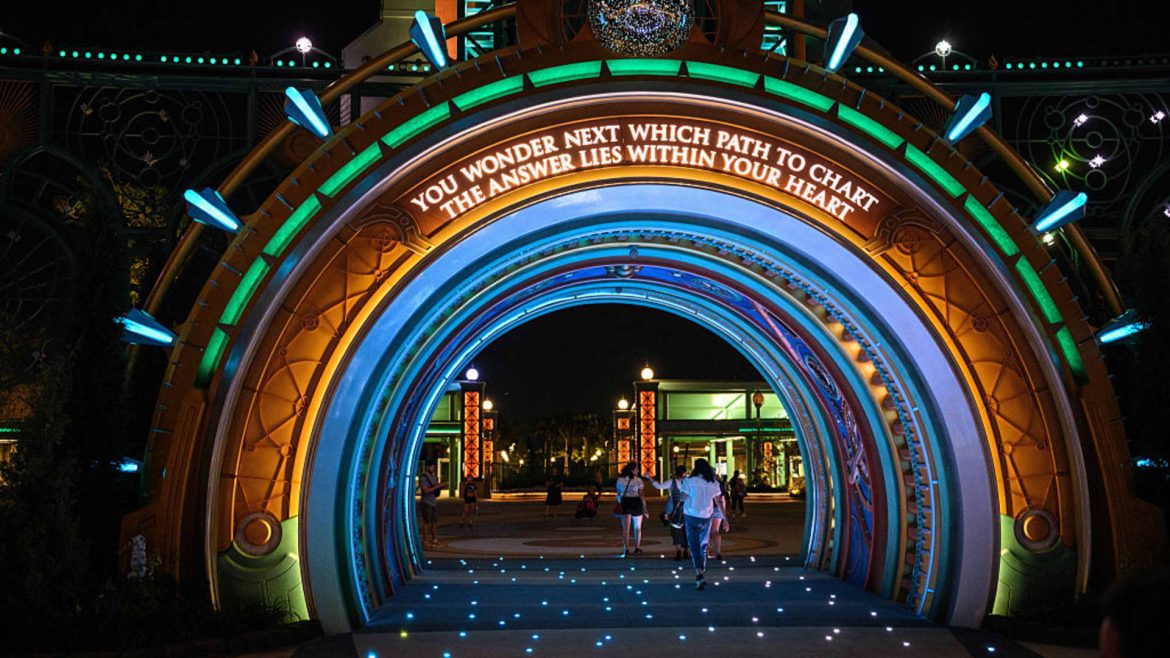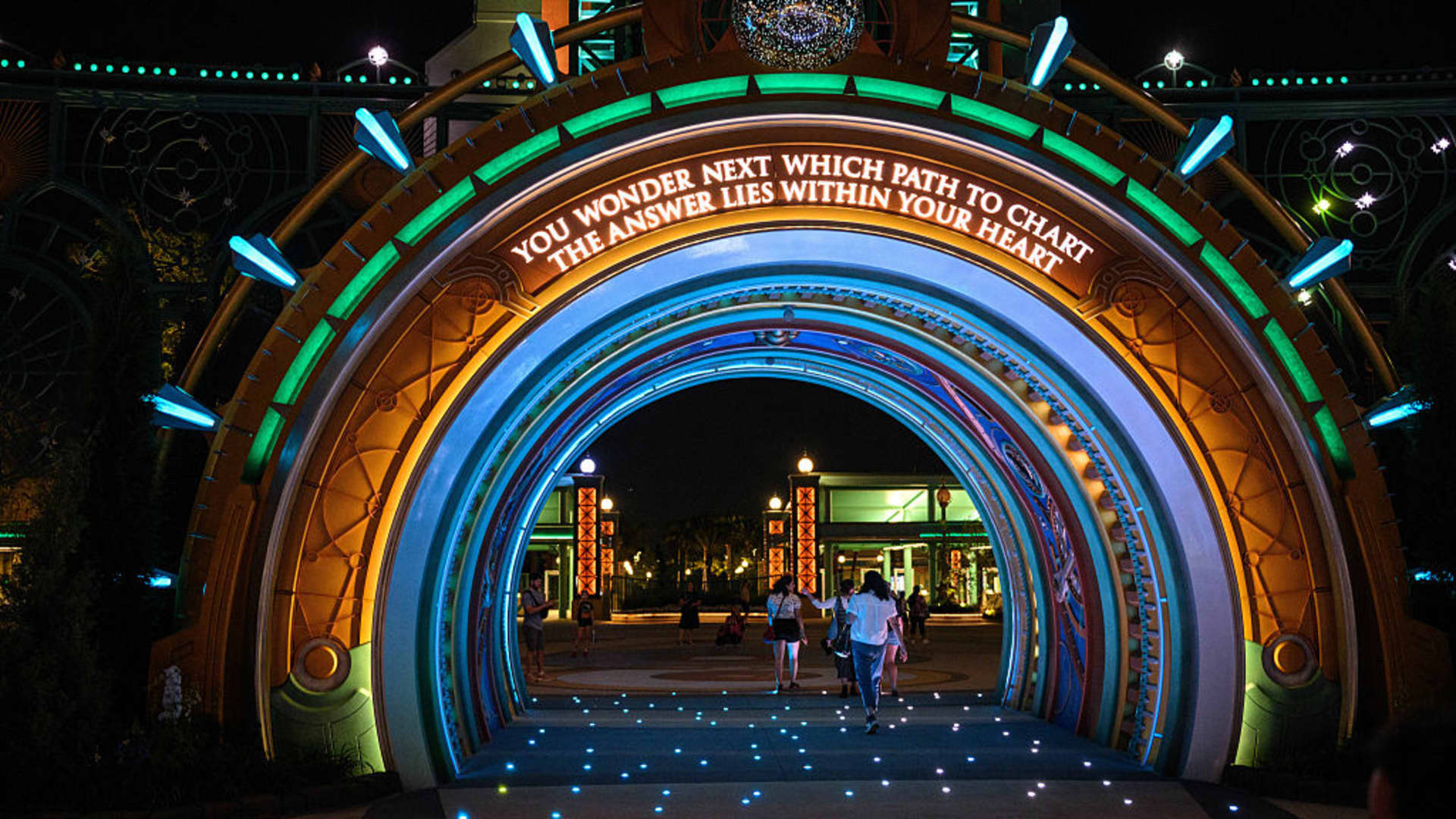Universal’s Epic Universe: A Bold Bet Amid Economic Uncertainty
The landscape of theme parks is poised for a thrilling evolution as Universal Orlando prepares to unveil its multibillion-dollar Epic Universe theme park in 2025. Launching at a time when the U.S. economy faces uncertainty—marked by fluctuating tariffs, inflation concerns, and consumer caution—Universal’s ambitious investment signals a robust confidence in experiential entertainment as a durable growth sector. This detailed exploration synthesizes recent data and industry insights to illuminate the scope, economic implications, and competitive dynamics surrounding Epic Universe and Universal’s broader strategy.
Universal’s Massive Investment and Strategic Vision
Epic Universe is Universal Orlando’s largest undertaking to date, with investment estimates ranging from $3 billion to $7 billion. The park aims to blend cutting-edge technology, immersive storytelling, and beloved intellectual properties into a sprawling, innovative environment. Highlights include advanced rides featuring flying dragons and Harry Potter-themed attractions, along with new worlds such as the original-themed Celestial Park, which serves as a hub to interconnect the diverse park experiences. This underscores Universal’s commitment to expanding beyond existing franchises, positioning Epic Universe as not just an attraction but a transformative universe of experiences.
This extensive expansion is part of Comcast’s broader strategy to bolster its theme park and immersive experiences business, which already commands a significant presence in Florida and globally. Additionally, plans for year-round events like Hollywood Horror Nights complement the park’s year-round appeal and revenue diversification.
Economic Impact: A Game-Changer for Florida’s Economy
Universal’s contribution to Florida’s economy is already staggering. Between 2019 and 2023, Universal Orlando generated approximately $44 billion in economic impact for the U.S., based on metrics including direct spending, job creation, and tourism-related activity. Epic Universe alone is projected to add around $2 billion to Florida’s economy in its first operational year, with studies predicting up to $11.5 billion in direct and indirect economic benefits over time within the state.
This economic infusion demonstrates not only the local significance of the theme park sector but also its resilience despite macroeconomic challenges. Tourism jobs, supply chain effects, and ancillary business growth are expected to flourish as visitor demand intensifies.
Navigating Economic Uncertainty with Consumer Experience
The timing of Epic Universe’s opening coincides with consumer apprehension spurred by inflation and geopolitical tensions affecting trade policies. Although there are clear risks of economic slowdown, Universal appears to be doubling down on immersive experiences that offer emotional engagement and escapism—qualities that historically weather economic downturns well.
The theme park industry traditionally benefits from pent-up travel demand and discretionary spending focused on leisure and family bonding. Epic Universe’s new level of technological sophistication and storytelling is designed to elevate guest experiences, thereby justifying premium pricing and repeat visitation even when consumers face broader financial constraints.
The Competitive Arena: Universal Versus Disney
Universal’s Epic Universe escalates the long-running competition with Walt Disney World, Orlando’s reigning “king” of theme parks. Disney generated an estimated $40 billion economic impact in 2022 alone, with a workforce exceeding 250,000 jobs statewide. While Disney executives publicly downplay concerns, viewing the theme park space as a growth platform resilient to macro risks, industry observers recognize the open challenge Universal presents.
Epic Universe’s technological innovations and new intellectual properties represent a significant competitive threat, potentially shifting market share and tourist patterns. Both giants are engaged in an ongoing innovation arms race, pursuing cutting-edge attractions, themed lands, and seasonal events to capture and sustain consumer attention.
Technological Innovation and Storytelling at the Core
A deeper look at the park’s design reveals trend-aligned advancements. Epic Universe integrates sophisticated ride systems, advanced sensors, and AI-driven effects to deliver highly personalized and immersive experiences. The park exemplifies storytelling as a marketing and engagement tool, creating narratives that resonate emotionally while encouraging social media buzz and brand loyalty.
This narrative-driven approach aligns with broader industry shifts where “story-driven businesses” thrive in a crowded market by fostering trust and repeat patronage. Epic Universe is positioned not merely as a sequence of rides but as a multi-dimensional universe that guests can explore, live within, and revisit repeatedly.
Conclusion: Epic Universe’s Epic Stakes
Universal’s Epic Universe epitomizes a daring investment in the future of entertainment—one that embraces innovation, immersive storytelling, and economic optimism even as external uncertainties persist. Its substantial economic impact projections highlight the theme park’s pivotal role as a dynamo for Florida and the wider U.S. tourism economy. Meanwhile, the escalating Universal-Disney rivalry promises to raise the stakes for theme parks worldwide, reshaping visitor expectations and industry standards.
In this “epic” endeavor, Universal is not only building a park but sculpting a new realm of experiences that may well redefine how audiences engage with entertainment in an era of rapid technological transformation and economic flux. The coming years will test whether this bold strategy can sustain growth and enchantment, cementing Epic Universe’s place in the pantheon of immersive amusement.





